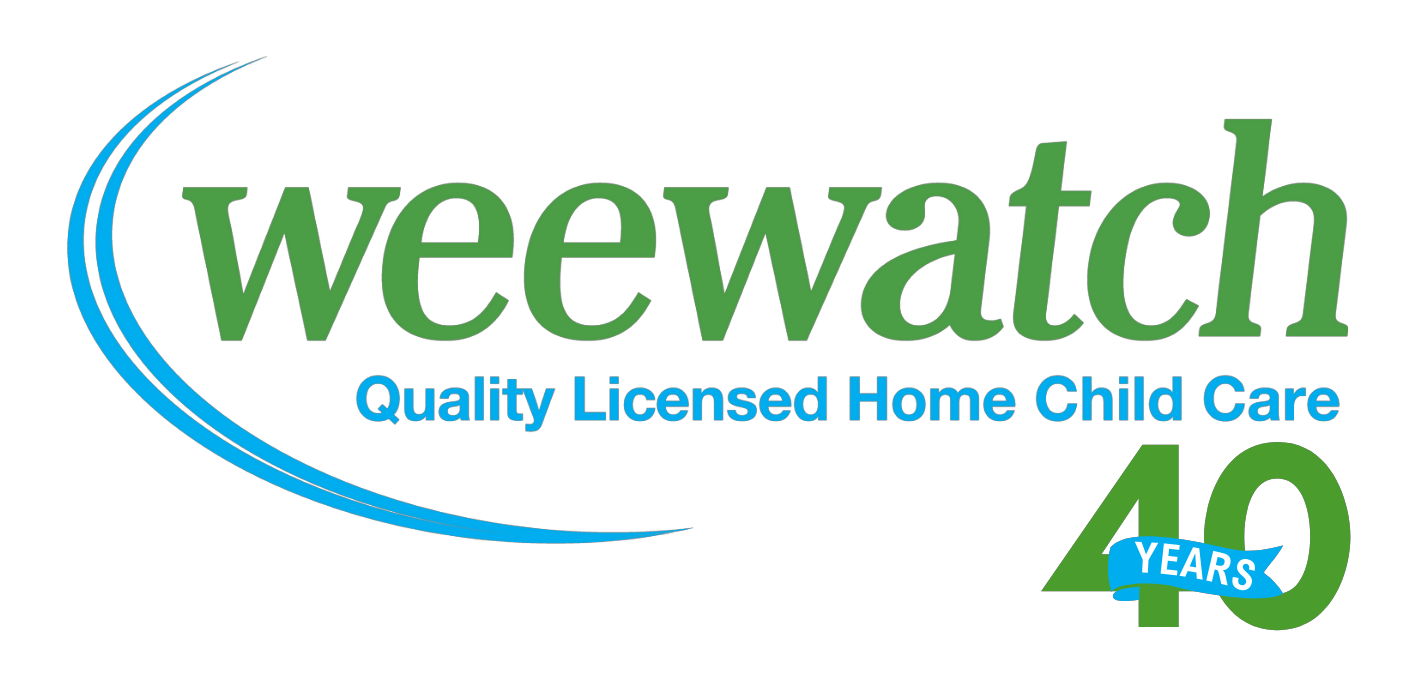If only this parenting job came with a manual — a comprehensive guide to the ever-changing challenges of raising healthy, young humans. Maybe then we’d all feel better equipped to handle the hard questions and uncharted territory with confidence. Even very young children are commonly asking difficult questions about body image, how we feel and what we believe about our bodies. If can be a tricky topic for parents, expert resources have provided some tips to answering your child’s questions about their body image:
Open Communication: Begin with a conversation; ask gentle questions to help understand what they are feeling and what sparked the concern. Did someone call them fat? Was this a perception they developed on her own? Listen attentively as they express their thoughts.
Use of Language: Don’t talk about weight and don’t use the word “fat” in the home. But if it does come up, explain about what fat is — like muscle, bone and blood — it is an important part of the body. Explain to your child that fat is something we have, not something we are. Furthermore, that we don’t describe anybody (including ourselves) as fat. It never makes anyone feel good.
Focus On Skills Versus Appearance: During your conversation, describe to your child in detail what you love about them; their confidence, poise, laugh, their eyes, etc. Talk to them about their strengths, how important their contributions are to the family and to people around them.
Encouraging Healthy Habits: Body image is a part of overall health along with physical, mental, emotional and spiritual well-being. Talk about how healthy food choices and being physically active would affect how they looked and felt, but keeping the discussion age-appropriate (e.g., no talk of diets or burning calories).
Having these talks is also an opportunity to access our own biases about weight. A recent article by Nutrition for Non-Nutritionists cites rampant stigmatization of people with obesity in media, and being called “fat” as the most common reason children are bullied. Like other experts in the field, they suggest being aware, speaking with compassion and showing respect when it comes to attitudes and conversations about weight.
While there’s no manual for developing or discussing body image, we can increasingly find body positive messages through online and offline platforms. Seeking peer and professional advice with the same effort that we once researched car seats and daycares can yield helpful results. And while hugs and kisses may not solve your problems, a measure of compassion certainly won’t hurt anyone.
https://bit.ly/2qKh9ku
